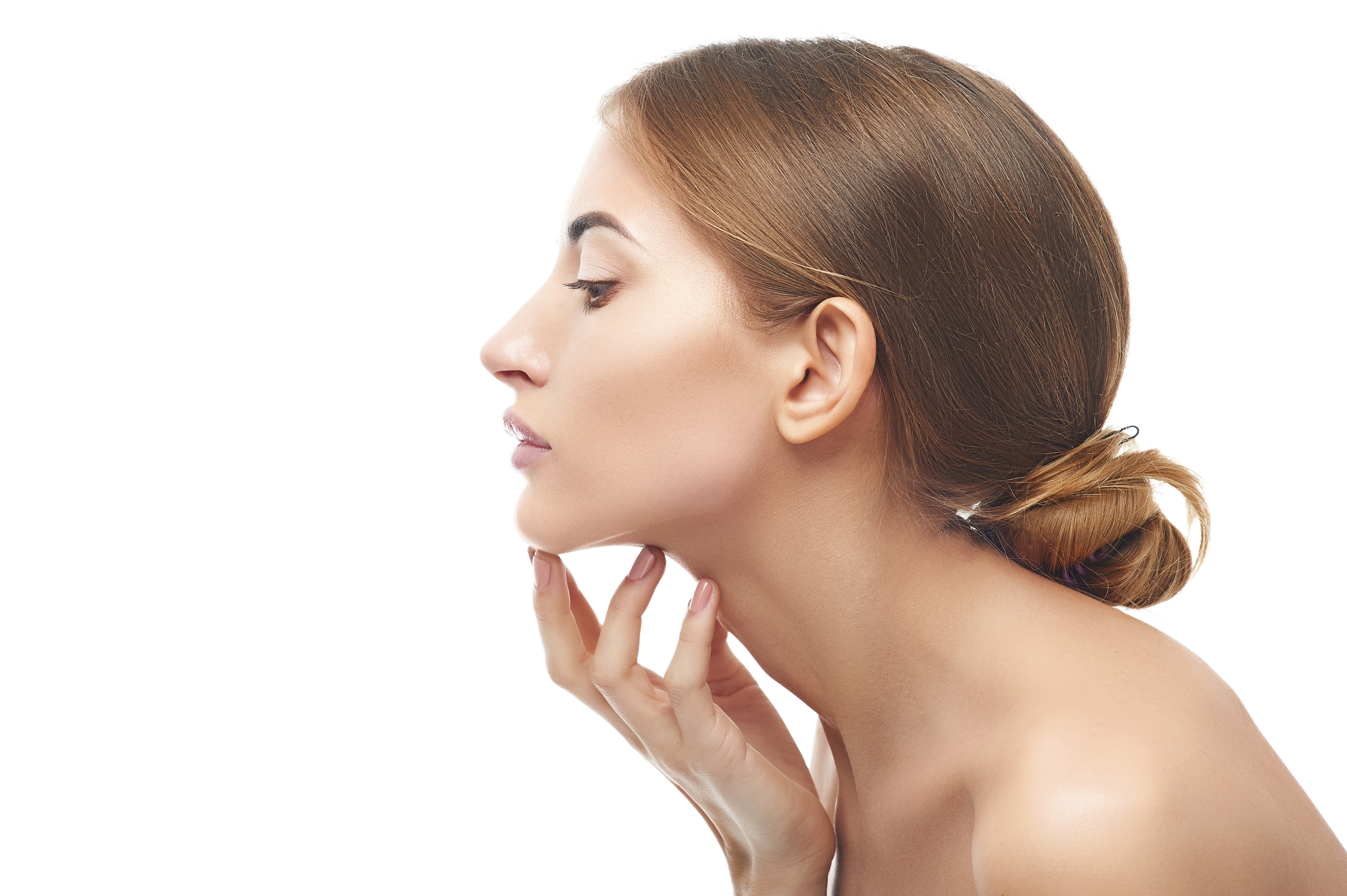The thyroid is a delicate, butterfly-shaped gland and it has a huge impact on a woman’s health and wellness. If the thyroid is compromised, threatened or imbalanced, health problems can arise. And fluoride is just one toxin that can increase the risk for thyroid disease.
The thyroid is a small gland located at the base of the neck. It produces thyroid hormone and this hormone makes its way to all parts of the body. Among its many functions, it manages the body’s metabolic processes and regulates hormones.
The thyroid governs how fast or slow the metabolism is, along with menstrual cycles, pregnancy and so much more. However, when the thyroid produces too much or too little of the thyroid hormone, an imbalance occurs and health problems set in.
For example, if the thyroid produces too much of this hormone, it leads to hyperthyroidism. Too little thyroid hormone? Hypothyroidism.
Thyroid disease is a widespread problem. In fact, one in eight women will develop thyroid disease, and the most common form of thyroid disease among women is Hashimoto’s disease – a type of hypothyroidism and autoimmune disorder, in which the body attacks the thyroid.
Some signs of hypothyroidism include:
- Slow heart rate
- Dry, thin hair
- Fatigue
- Sadness or depression
- Feeling cold
- Pale, dry skin
- Weight gain
But how do women develop thyroid disease? According to Aviva Romm, M.D. and author of Adrenal Thyroid Revolution, one reason is the increasing amount of toxins women are exposed to on a daily basis, including heavy metals, phthalates and halogens, like fluoride.
These chemicals, which are found in food, water, air and even the home, can threaten the health of the thyroid, by binding to the thyroid tissue.
Romm says women should try to lower their exposure to harmful chemicals, including fluoride. That’s because the very structure of fluoride can interfere with thyroid function, and since it’s a very prevalent chemical, women are at a great risk to over-exposure.
Fluoride is found in drinking and bath water, as well as in toothpaste, medications, Teflon and other non-stick cookware accessories. And studies have identified a correlation between hypothyroidism and the fluoride found in drinking and water.
Therefore, Romm recommends using filtered water for all your cooking and bathing needs needs, and to use fluoride-free products including toothpastes, cosmetic and personal care items.




